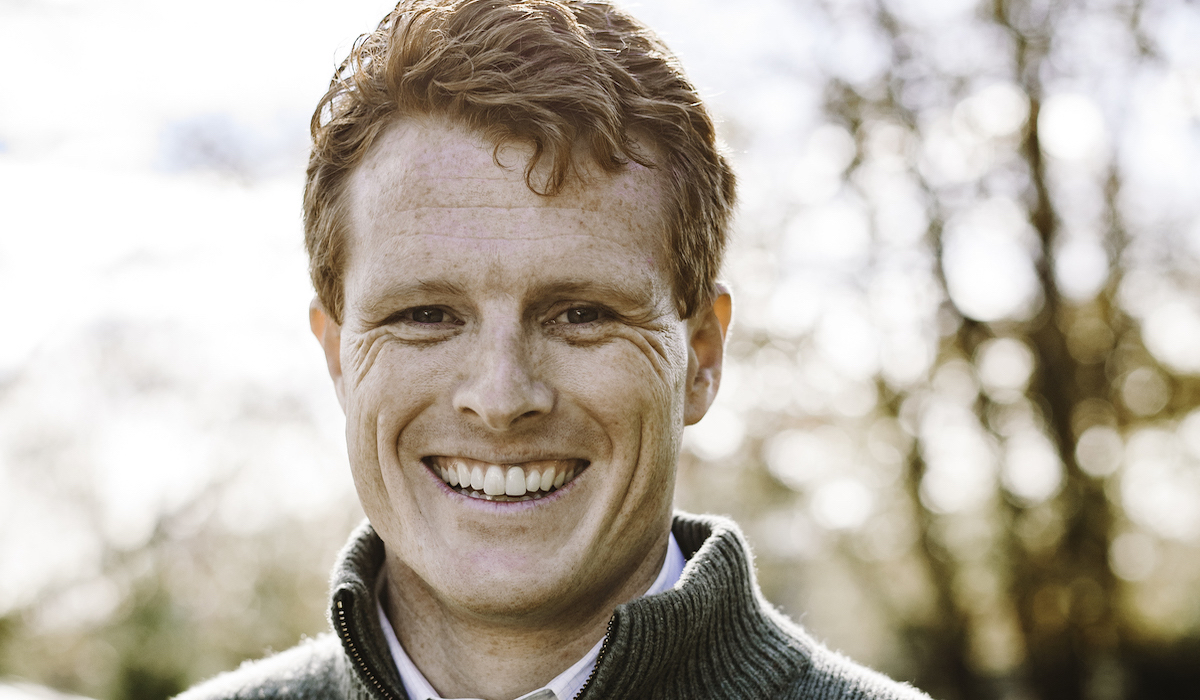‘There Will Be No Healing Without Justice’

It felt strange not to be there.
That’s a difficult thing to say out loud. But as I watched the terror unfold last week in our nation’s Capitol, I couldn’t shake the feeling.
On January 3, 2021 I officially ended my tenure in Congress after four terms serving the 4th District of Massachusetts. On January 6, just three days later, a mob of violent insurrectionists/domestic terrorists/white supremacists stormed the U.S. Capitol to try and stop the peaceful transition of democratic power.
From my home in Massachusetts, I watched them hold my friends and former colleagues hostage. I saw them violate and desecrate the building I had worked in for the past eight years, those hallways as familiar to me as my own home. I stared at nooses and confederate flags filling a space that always felt so reverent and sacred, no matter how many times I walked through its doors.
Of course, I was lucky to be far from harm’s way. I am sure that those who survived the attack (rightfully) wince at any suggestion that one would choose that experience. But anyone who has watched someone or something they love suffer from afar knows: Helplessness does funny things to the brain.
In the days since, we have begun a collective processing of what occurred. The discussion has quickly shifted to how we heal and recover from this moment. It’s a difficult question to answer.
With certainty, there will be no healing without justice. Accountability must be swift and thorough. The President should be removed. Those in Congress that aided and abetted him should be as well. And neither the insurrectionists nor President Trump should escape legal consequences. For anyone who thinks this sounds dramatic—he only has two weeks left in office, after all—consider the alternative. What we do not stop, we permit. What we do not punish, we protect. If President Trump, Josh Hawley, Ted Cruz and the thugs who stormed the Capitol this week don’t experience consequences, their behavior will not change.
And that last part—that’s the bigger picture. It is a feature of this country that the Trump years turbo-charged, but that is as American as apple pie. We have yet to do the hard work to disincentivize white supremacy. In fact, for all our moralizing and proud proclamations about what America is, we continue to condone it. We have spent generations protecting and preserving the very institutions, policies, and practices that keep white power in business—from wealth-hoarding that denies Black and Brown America access to homes and jobs and economic success, to political power-hoarding that ensures they will never be fairly represented in the chambers that could fix this. Black schools get less money, Black patients get less care, Black votes get suppressed, Black protestors get killed… and still, we are aghast when crude displays of white supremacy, like those we witnessed last week, get uncomfortably close to our mainstream.
Donald Trump, then, is our collective consequence—the albatross on the neck of a country that has fallen so short of the vigilance that a truly representative democracy demands. We need to do more than heal. We need to change. We need to reject much more than the obvious architects of hatred and supremacy, the toxic men in face paint and Vikings suits that revel in sensation and pearl-clutching. We need to reject the more subtle but stronger structures, masked in polite society, that keep those architects in business.
Because if we don’t, then their behavior will not change. There will be more violence, more Trumps, more nooses and confederate flags. And we will have to live with the fact that that ugliness is not just the result of some thug’s actions—but our own.
This essay was featured in the January 10, 2021 edition of The Sunday Paper. The Sunday Paper publishes News and Views that Rise Above the Noise and Inspires Hearts and Minds. To get The Sunday Paper delivered to your inbox each Sunday morning for free, click here to subscribe.


